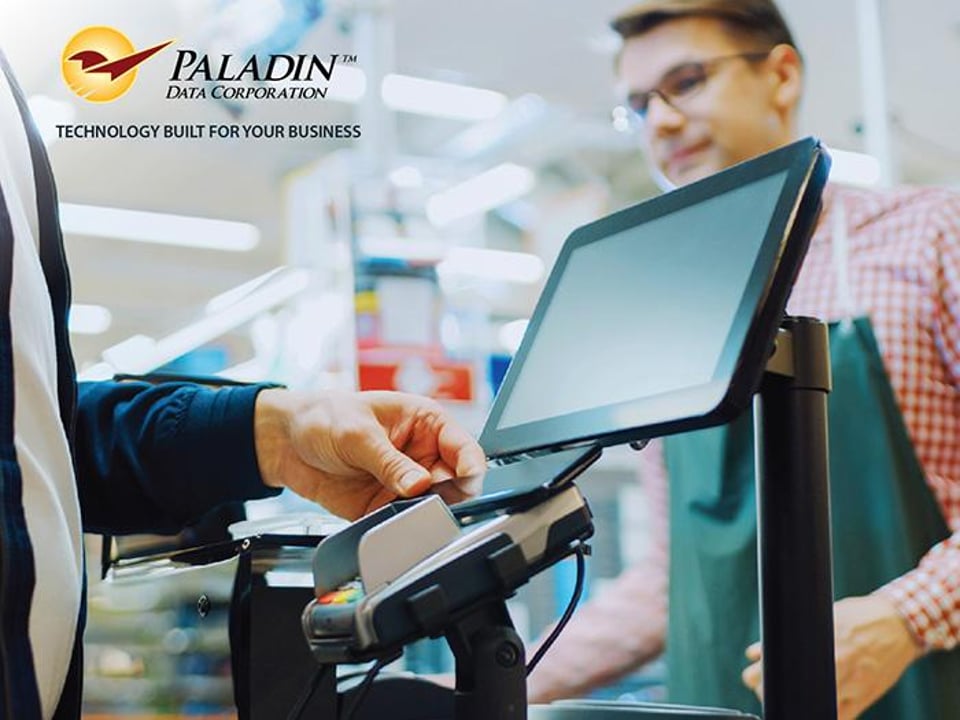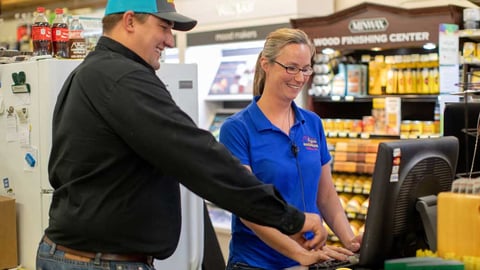
Get your data together
The hardware and LBM industries deal in hands-on kind of products: Real world items used to build stuff and fix things. It’s impossible to use the modern tools of retail sales – a desktop computer, laptop or mobile device – to hammer a nail, cut a 2-by-4, replace a light switch or even plunge a toilet. However, those digital tools and the data they house have never been more important to successfully run virtually every aspect of a retail business.
Industry leaders like former Intel CEO Brian Krzanich say that “data is the new oil” of the world economy. It means data fuels the world economy, so mining it, managing it and putting it to work is vital to the success of any business. And with more and more of retail sales moving to online resources, utilizing the latest retail technology with features and integrations that touch all aspects of a business is crucial to meeting consumers’ expectations.
Getting Your Data Together
Deloitte, one of the largest accounting organizations in the world, estimates that close to 90% of the data produced by business is unstructured—meaning it is unorganized text in documents such as invoices, quotes, estimates, emails, reports, and even digital images and videos. “Unstructured” means it is essentially unusable by the average retail business.
Most retail businesses are awash in data they aren’t utilizing. Sophisticated retail business platforms, such as Paladin, organize that data and put it to work helping retailers make better business decisions.
What does “putting data to work” mean? It’s important that independent businesses shift their thinking about data. Whether it’s a single store that doesn’t currently use a technology system, or a highly profitable multi-store chain, putting your data to work should become one of the primary goals.
The core function of a retail platform is to streamline operations and enable businesses to be more profitable. To do that, they utilize algorithms that analyze the treasure trove of available data and automate processes like ordering and inventory management. They also develop industry-specific features and integrations that provide a single point of operation for all processes such as accounting, customer management, marketing, e-commerce and workforce management.
Software Advice, a software recommendation service, points out that modern business platforms feature emerging technologies that keep independent businesses competitive in a market that includes big-box and online giants such as Home Depot and Amazon. The average big-box store carries between 32,000 and 38,000 SKUs and offers over 1 million items online. The corporations that run them spend millions developing their own retail platforms and customer loyalty programs.
Doing Big Business
Independent businesses can do business as efficiently and effectively as big-box stores and online retailers, but on a more personal level, by enlisting the digital tools available in a comprehensive retail platform. Digital platform features such as Paladin’s Market Driven Inventory Management use sales data to determine the right mix of products and optimum stocking levels, and Order Analyst automatically locates the best prices of those items through EDI from a business's supplier.
Once those items are on shelves, platform integrations such as Ez-Ad help retailers create consumer demand and sell them. These integrations enhance customer service and the in-store shopping experience with dynamic digital signage and a mobile app that allows store associates to compare their prices with those of competitors through real-time data from the store’s point of sale system.
Paladin also automates the AR and AP process by enabling accountants to leverage the revenue data in the accounting package of their preference, eliminating time-consuming back-office tasks. Similarly, programs like Deputy workforce management not only streamline employee time and attendance collection and payroll, they allow businesses to target and forecast peak hours and schedule additional workers to more efficiently respond to demand.
Integrating all aspects of a business, including niches and mobile capabilities, into a single platform ensures end-to-end data collection and use. For the past 40 years, Paladin has developed features and integrations specifically for the independent hardware and LBM industry. They enable retailers to access all their relevant data, use it to make better business decisions, and compete with big-box stores.
Building a Digital Foundation
Utilizing technology today and tomorrow means building a digital platform that uses retail data and automates many aspects of your business. Retailers must become more aware of the data they have at their disposal. They need to find a technology partner that puts their data to work to help make better business decisions to ultimately stay competitive in an evolving retail landscape.
# # #
Jeff Rogers is the marketing, sales and partnerships director for Paladin Data Corporation. Paladin Data Corporation simplifies retail by automating business operations, enhancing the customer experience, saving time, and increasing revenues. With 40 years retail experience and top-class 100% USA-based support, our proprietary Market Driven Inventory Management provides stores the peace of mind knowing operations are simple and streamlined.




